Natural selection
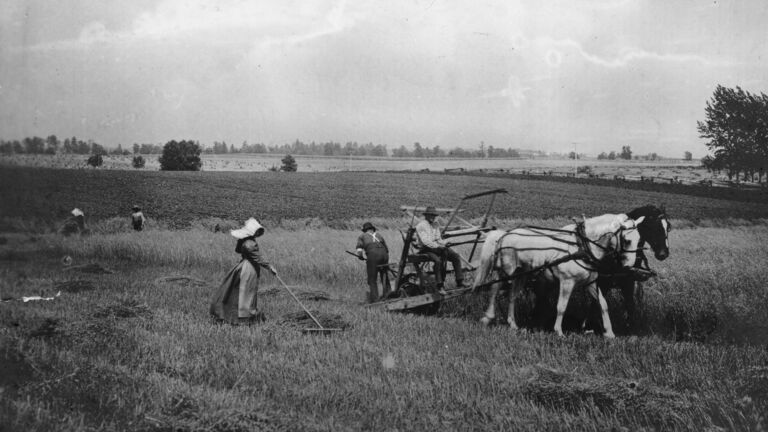
Yet ultimately zebras have stubbornly avoided any attempt by humans to bend them to their will. So what is going on? Well, although the creatures might look like horses, they are actually a very different species — and it’s these differences that have made them almost impossible to domesticate over the years.
Wild beasts
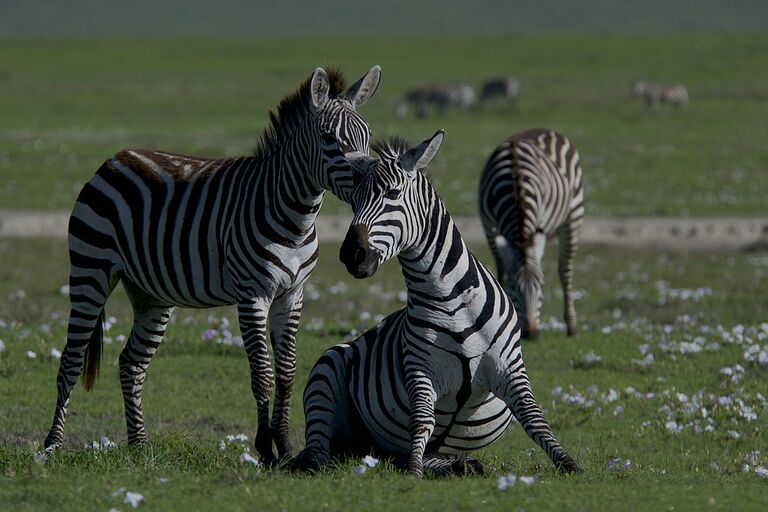
At least part of the answer, it seems, has something to do with natural selection. Over the course of their long, intertwined history, horses have grown used to the presence of humans. But that’s not all. As the years have passed, people have actually bred the creatures to have more of the traits that are desirable in a working animal.
Predators
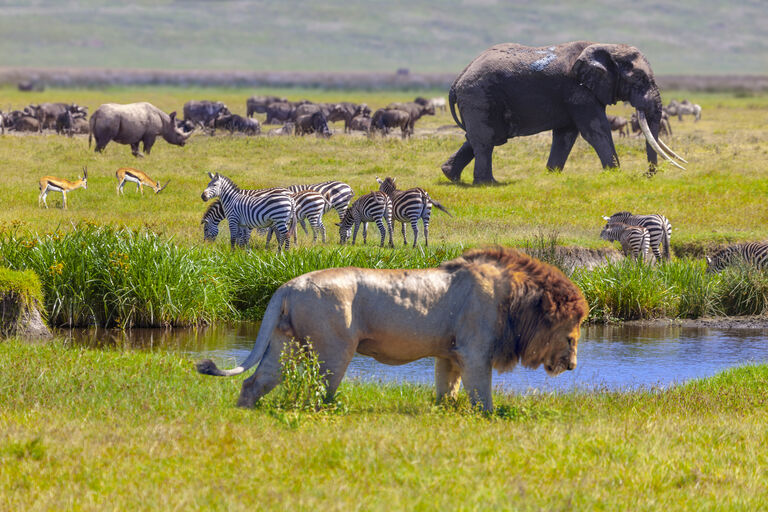
So the horses that we see today are a far cry from their wild ancestors that once lived freely on the steppes of Asia. Modern zebras, though, are far more similar to these earlier beasts. And without millennia of selective breeding, they have retained more of their fierce, feral characteristics.
Fighting to survive
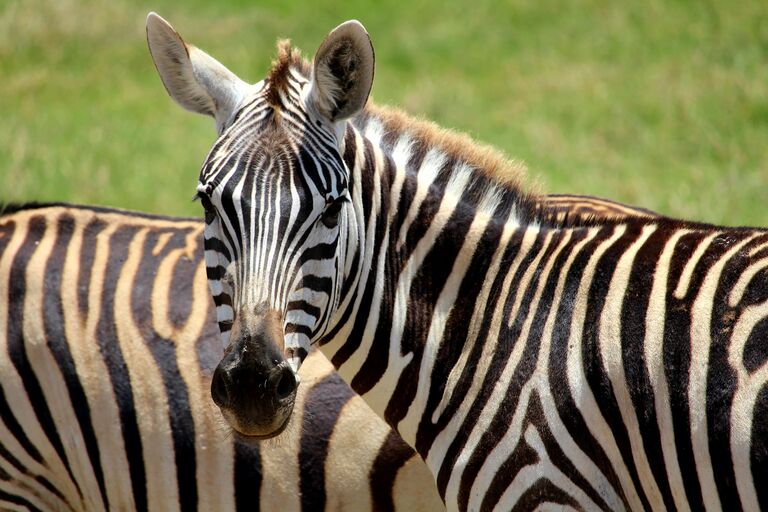
Unlike their cousins, who have long enjoyed a comfortable, domesticated life alongside humans, zebras have spent the centuries struggling for survival on the African plains. Sharing an environment with predators such as lions, crocodiles, and cheetahs, they have evolved to be tough — a trait that does not make them easy to tame.
A deadly kick
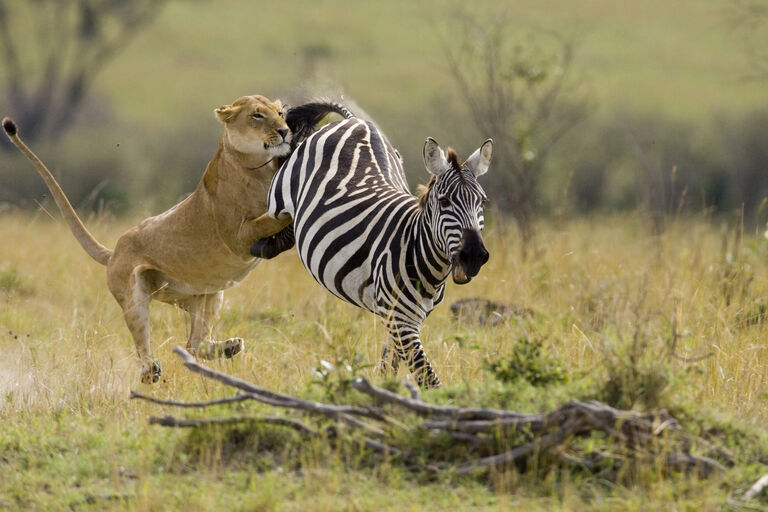
Anyone who does attempt to domesticate a zebra, then, is in for a rough ride. For starters, they can be aggressive when cornered, equipped with a bite hard enough to deter any predators that might think of making them lunch. Plus their kick is deadly — strong enough to take down a lion with a single blow.
Ducking reflex
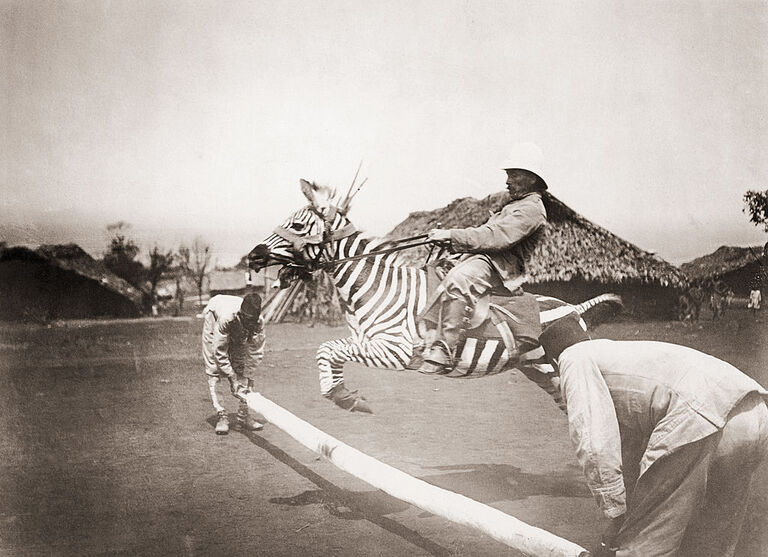
All that is only a problem to potential zebra-trainers if they actually manage to catch one first. And given the creature’s evolutionary advantages, even that seems somewhat unlikely. According to experts, the equines have a surprisingly accurate ducking reflex, making them almost impossible to capture using a lasso. Sorry cowboys!
Hard-wired to avoid humans
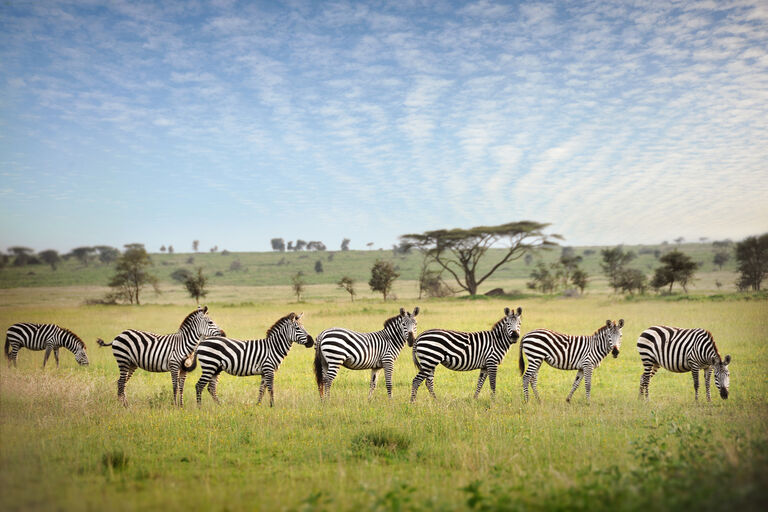
Violence in the zoo
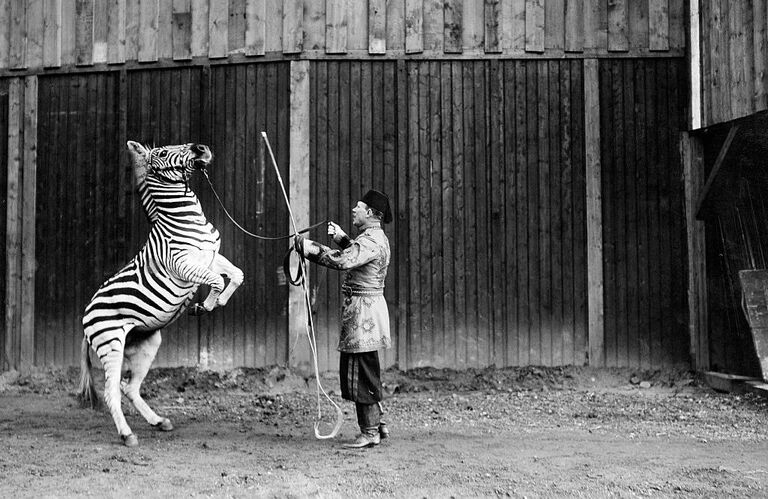
A small victory
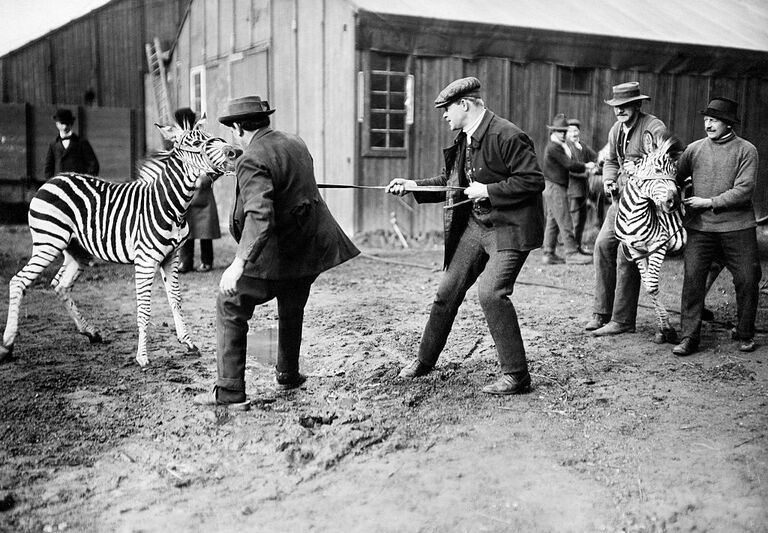
Dan’s keepers eventually did have some success at breeding him with female donkeys, though. After this, more zebras were brought in, eventually creating a small population of hybrids with less aggressive and more docile personalities. But as these offspring were infertile, they could not reproduce, sending researchers back to the drawing board.
The end of the dream
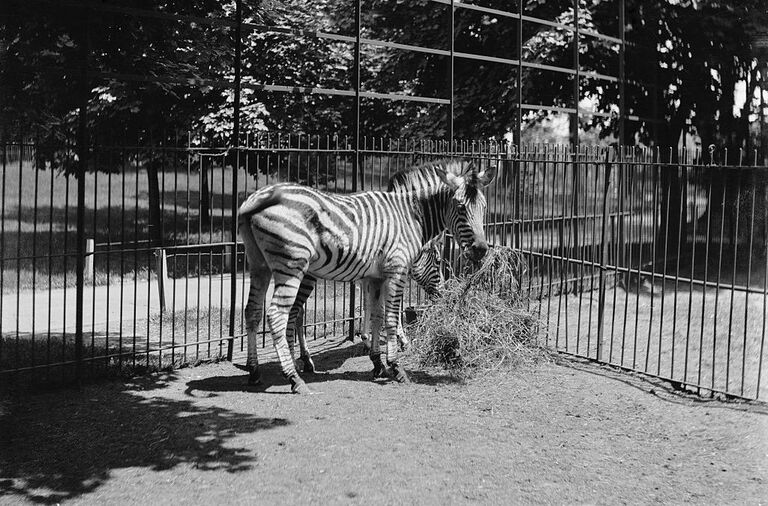
Eventually, the project ran out of funding and came to an end after spectacularly failing to achieve its goal. And Dan, the zebra that could never be tamed, lived out the remainder of his days at the Smithsonian’s National Zoological Park in Washington, D.C. For America at least, the dream of domesticating Africa’s stubborn, striped equines was over for good.
Are they better off?
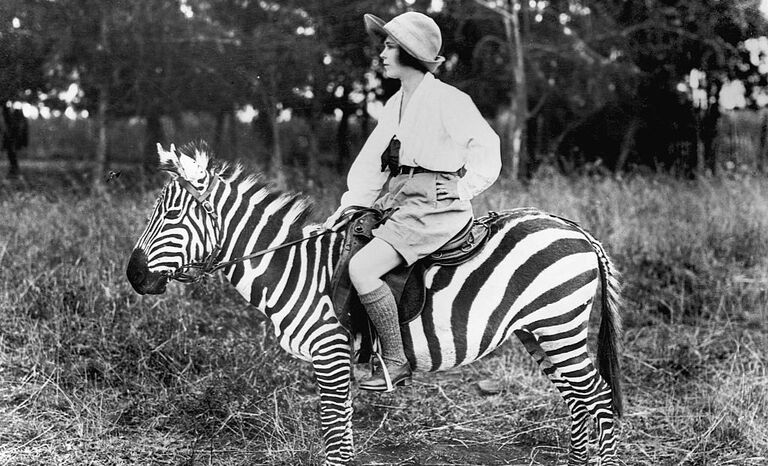
The fact that there are no zebras pulling carts or carrying human mounts today is probably seen as something of a victory for the equine. But are they really better off having fought off our attempts to domesticate them? You see, there are estimated to be only around 800,000 zebras left in the wild today.
Survival
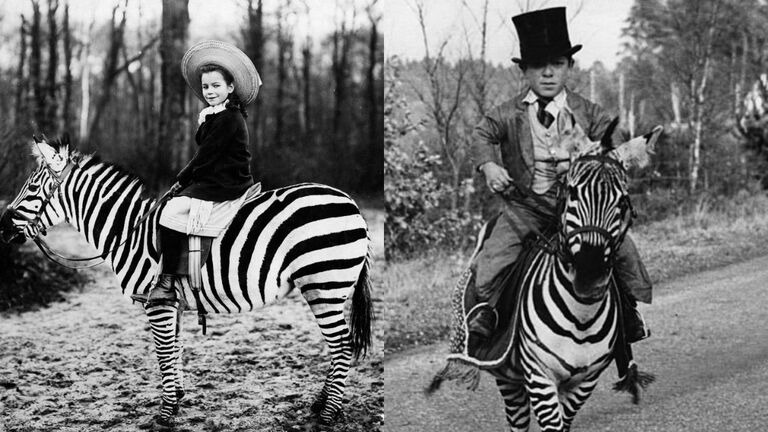
Yet in comparison, there are believed to be somewhere in the region of 60 million horses. Domestication, then, may have ended up being the smartest strategy after all. And clearly, it’s not out of the question. As well as the aristocrats who managed to tame zebras in the past, there have been a few modern examples that didn’t exactly end in disaster.
Racing Stripes
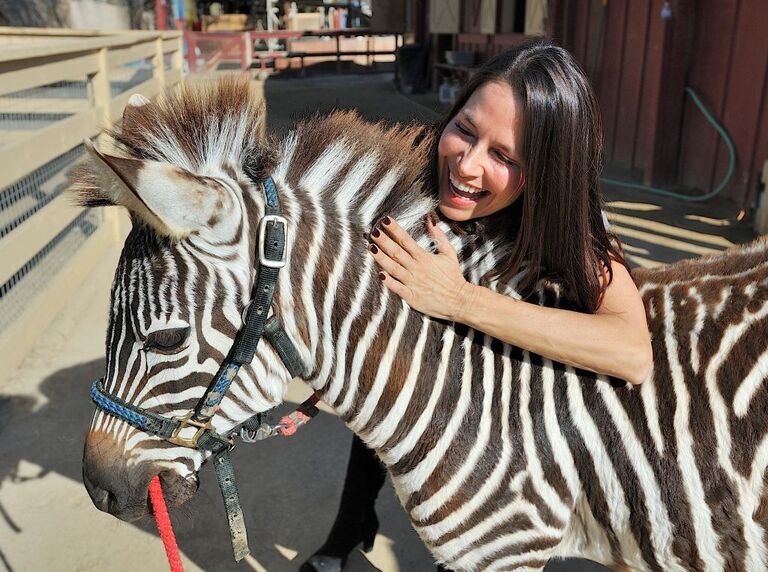
Reports emerged in 2013 of an 18-year-old Virginian who kept a zebra as a pet. According to the Mail Online, Shea Inman was inspired to buy the animal, known as Joey, after watching the movie Racing Stripes. Released in 2005, this animation follows the adventures of a zebra dreaming of making it in the competitive world of horse racing.
A traumatic past helps
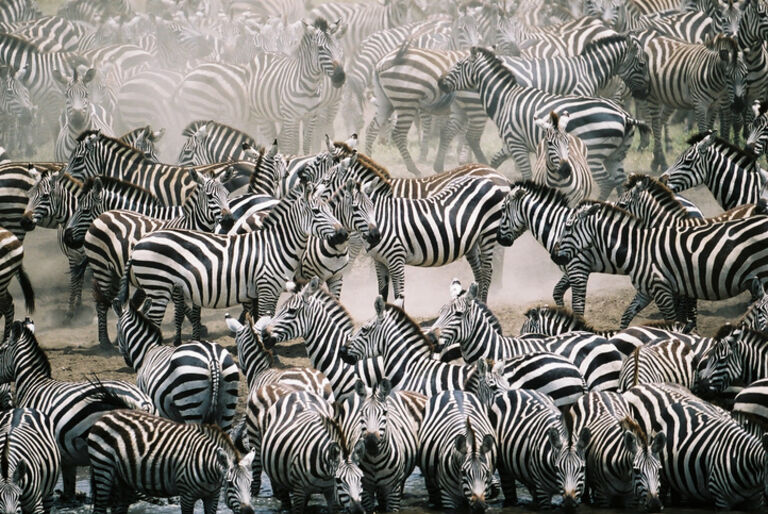
According to CNN, Witheford believes that his traumatic past may be what helps him to bond with animals. And there’s certainly something special going on, given that he succeeded where so many others have failed. But will we ever see zebras domesticated on a large scale? It’s tough to say, though given some of the other unique and exotic animals people have managed to tame as pets, we won’t rule it out just yet.